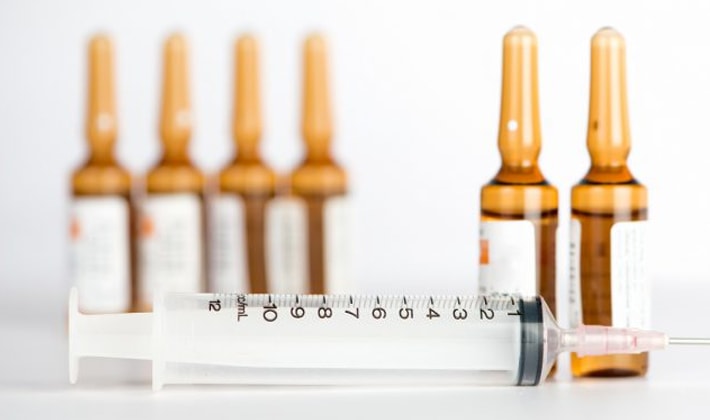Build State, Local, and Tribal Capacity to Respond to Opioid Overdoses
States, local communities, and tribes play an important role in preventing opioid overdoses and related harms. They run prescription drug monitoring programs, regulate controlled substances, license healthcare providers, respond to drug overdose outbreaks, and run large public insurance programs such as Medicaid and Workers Compensation.

CDC builds partnerships and provides information about evidence-based and promising strategies to help states, territories, and local communities prevent overdoses and ensure the health and wellbeing of their residents.

The Opioid Rapid Response Program (ORRP) is a federal effort to mitigate drug overdose risk and support care continuity among patients impacted by law enforcement actions that disrupt access to prescription opioids or medication assisted treatment/medication for opioid use disorder (MAT/MOUD).

Overdose Data to Action (OD2A) supports state, territorial, county, and city health departments in obtaining high quality, more comprehensive, and timelier data on overdose morbidity and mortality and using those data to inform prevention and response efforts.

Laboratory Detection of Synthetic Opioids CDC is leading the development of Traceable Opioid Material (TOM) Kits to support detection of emerging opioids including fentanyl analogs.
